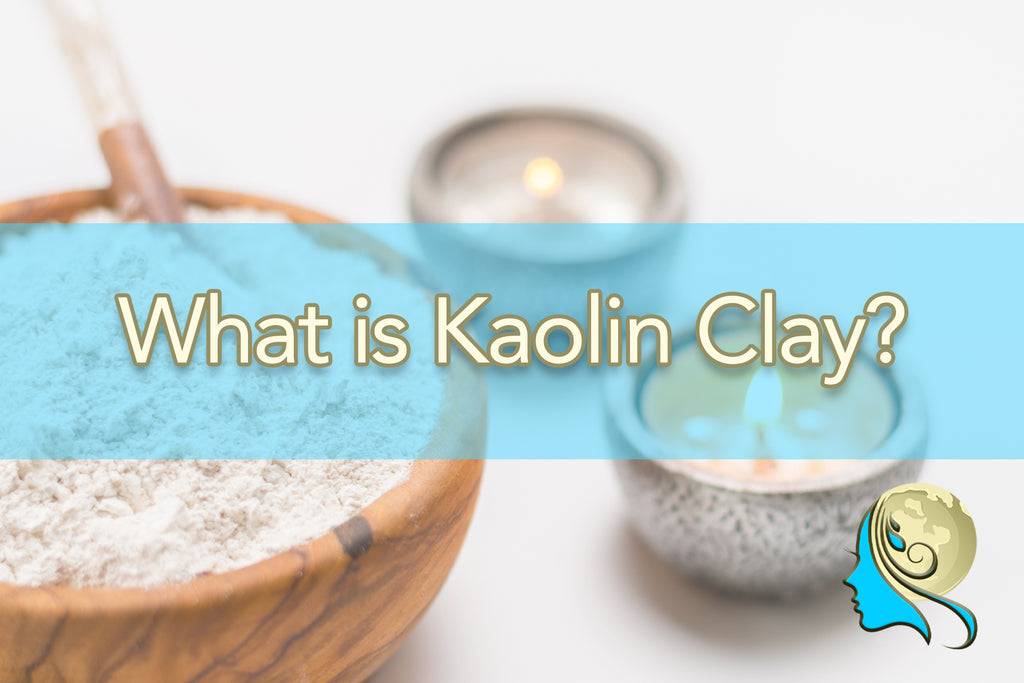What is Kaolin Clay?

Kaolin clay, also known as China clay or white clay, is a naturally occurring soft clay that holds significant importance in various industries. The name "kaolin" is derived from the Kaoling Hill in China, where this clay was first discovered and extensively mined.
One of the distinguishing features of kaolin clay is its composition, primarily consisting of the mineral kaolinite. Kaolinite is a hydrated aluminum silicate that gives the clay its characteristic properties. The clay itself is usually white or off-white in color, with a fine and smooth texture.
The origins of kaolin clay can be traced back to millions of years ago when rocks rich in minerals like feldspar and quartz underwent weathering processes. These rocks, which typically contain large amounts of aluminum and silicon, gradually break down, and the released elements combine with water to form kaolin clay deposits.
Kaolin clay has garnered attention and application in a wide range of industries due to its unique properties. One of its most notable qualities is its excellent absorbency. This absorbent nature makes kaolin clay highly valuable in skincare and cosmetic formulations. It has the ability to absorb excess oil, impurities, and toxins from the skin's surface, making it particularly beneficial for individuals with oily or acne-prone skin. By drawing out impurities and sebum, kaolin clay helps to cleanse and detoxify the skin, leaving it feeling fresh and revitalized.
In addition to its absorbent properties, kaolin clay is also used as a gentle exfoliant. The fine particles of the clay provide a mild abrasive action, helping to remove dead skin cells and promote a smoother complexion. Unlike harsher exfoliants, such as scrubs with large granules, kaolin clay offers a gentle alternative, making it suitable for even sensitive skin types.
Beyond its cleansing and exfoliating effects, kaolin clay possesses soothing and calming properties. It has a gentle and cooling effect on the skin, making it beneficial for alleviating irritation and inflammation. This makes kaolin clay a popular ingredient in skincare products designed for sensitive or easily irritated skin. It can help reduce redness, soothe discomfort, and provide relief from conditions like eczema or rosacea.
The versatile applications of kaolin clay extend beyond the realm of personal care and skincare. It finds extensive use in the cosmetic and beauty industry. Kaolin clay is a common ingredient in various skincare products, including face masks, cleansers, toners, and powders. It imparts its absorbent and purifying qualities to these formulations, contributing to their effectiveness in improving the skin's appearance and texture.
Moreover, kaolin clay has found its place in other industries as well. Its unique properties make it a valuable component in the production of ceramics, where it serves as a major ingredient in porcelain and china clay. The clay's fine particles contribute to the smooth texture and workability of the ceramics, enhancing their quality and strength.
Furthermore, kaolin clay has applications in the paper industry. It is used as a coating material for paper, providing a smooth and glossy surface finish. This enhances the printability and overall appearance of the paper. Kaolin clay's ability to increase the opacity of the paper also makes it useful in manufacturing paper with high brightness and whiteness.
In addition to cosmetics and ceramics, kaolin clay finds utility in various industrial sectors. Its properties as an excellent filler and extender make it valuable in the production of rubber, where it improves the strength and durability of rubber products. Kaolin clay is also used in the formulation of paints, where it contributes to the viscosity and texture, enhances coverage, and improves the paint's overall quality.
